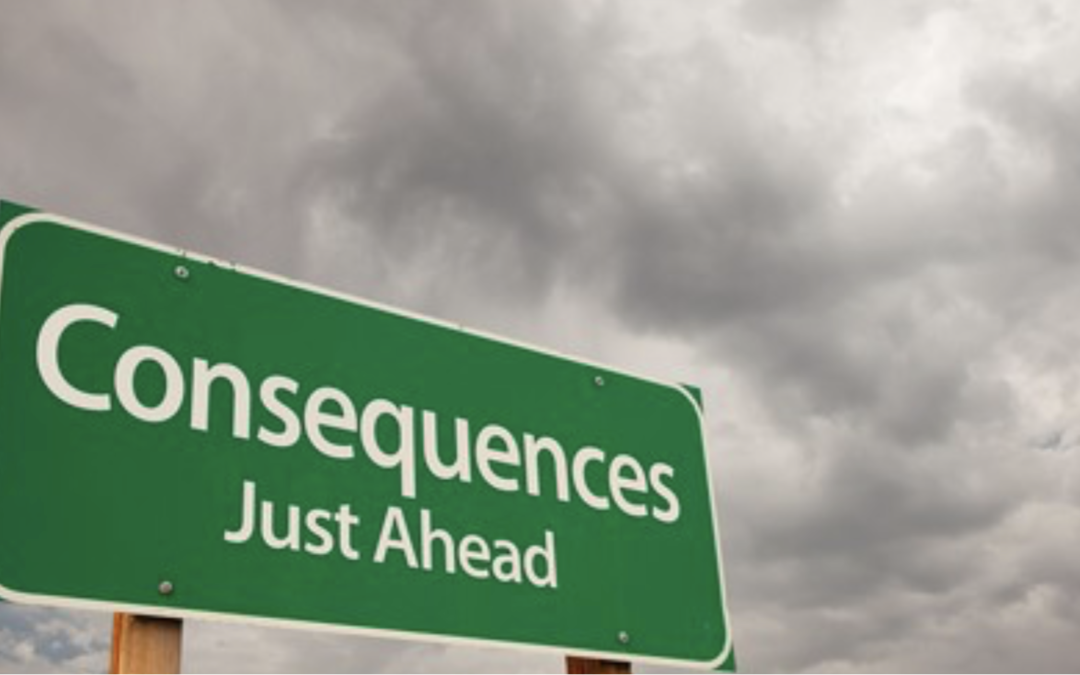An ethical child would be a child who could figure out the best way to get where he wants to go in life. Of course, he figures this out with the data that he has, and he takes the other dynamics into consideration.
That’s a lot of figuring and it takes training. It takes a child above 2:0 (who WANTS to survive). It takes parents who give the kid true data, and parents who invite him to look and consider outcomes.
As a result of this rational process he can then make ethical decisions.
As soon as you enter other motives, incentives or penalties into this equation, you are stepping away from ethics and into discipline, bribery, behavioral training.
If you do not speed in a school zone because you will lose your insurance discount, you may be being frugal. (not ethical)
If you do not flirt with married men for fear that the pastor will hear of it, you may be scared. (not ethical)
If a teen does not touch alcohol so he’ll get dad’s car at 18 (as promised), he’s a good kid, a safe kid, possibly a smart or calculating kid, but not necessarily an ethical one.
If a threat of punishment be needed (“9 hours of kitchen duty if you are late again!”) then the kid is not up to ethics, and the person handing out the penalties knows it.
If you have to tempt your teen with a pizza to get him to finish his school work or clean his room, you are saying that he can’t see the need for the school work or a clean room, but he can see the need for pizza.
Please, you wonderful, dedicated parents, do not fall into the habit of enticing your kids into survival behavior patterns and think you are “making them ethical young people”.
Bypass (where you decide what is survival) has its place, but only with kids who cannot think logically yet, have a lack of data, or are still below 2:0 on the tone scale and so do not WANT to survive.
Nothing, short of teaching your kids how to figure out what the most survival path is, will do.
How do you do that? Two-way comm. Ask questions like ……what could you do about that? How would this help you survive? How would this affect the family? Your group? Your church? Do you know someone who does that? Are they doing well? Whose job is it to handle that? etc…..
You just want your child to look and think.
You may think that these are the questions you ask a 4 year-old, and you are right. And an 8 year-old, and a 12 year-old, a 20 year-old, a 24 year-old…..
Raising your kids means handing over the hats so that they will survive without you. They must learn to do the thinking.
I hope this will help.
Love, Joke

